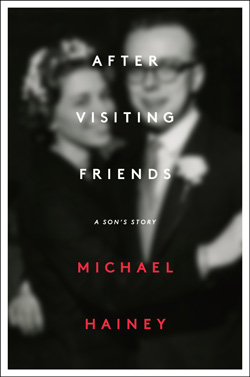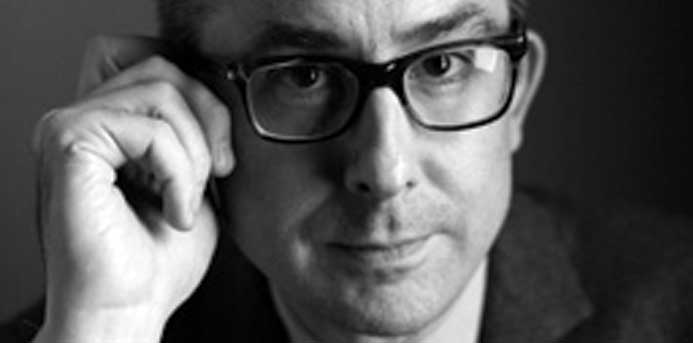GQ deputy editor Michael Hainey was just 6 years old and living in Chicago’s northwest suburbs when he received some life-changing news.
He was told early one Friday morning that his father, Chicago Sun-Times newspaper editor Robert Hainey, wasn’t coming home.
The details were sketchy at best, that he had passed away “after visiting friends”—but in the middle of the night? In an unfamiliar area? The lack of absolutes haunted Hainey in his late teens up through his mid-30s, when he decided to investigate his father’s death, talking with family, friends and his father’s co-workers.
The result? Truth—and an amazing memoir of relationships between parents, sons, grandmothers and brothers. Make It Better talked with Hainey about his new book, “After Visiting Friends: A Son’s Story.”
You observe in the book, “Your absence is greater than your presence.”
It (the loss of a parent at a young age) defines everything. As I grew into adulthood, I never thought people would ever want to connect with me.
This memoir is a reconciliation with the truth about how your father died—did it bring you closure?
It gives me answers. When our fathers are gone or our mothers are gone, I don’t think we ever get closure. What we get, if we’re fortunate, is that we come to acceptance and peace. I don’t think we want to close the door, I think we always want to carry them with us.

I loved the scenes with your grandmother.
I’m so glad you brought her up. To me, she is the heart of the book. I could not have written this book without her—even the way it opens … We had a special bond. Here I am struggling to find memories, and here she is struggling to hold on to them.
Your mother is prominently featured in the book and has a well-defined personality. How does she feel about it?
When I tell these stories, she was 33 with two boys and very little support. She’s told me, “If I had allowed you two to get the upper hand, it would have been over.”
She’s very proud of the book, and she told me I gave her a gift. Truth always heals, even if it might be more difficult in the moment. We can cripple ourselves by avoiding it.
The book’s backdrop of Chicago feels a bit like a love letter to the city. What parts of a Park Ridge/Chicago upbringing are still with you today?
I think a tremendous amount of it accounts for who I am … everything from the sort of quiet work ethic, but also a good kind of humility. There’s also a sense of humor there.
And the last best book you read?
“Pocket Kings” by Ted Heller.
You can find senior editor Kelly Konrad’s book reviews, including this one, at chicagonow.com/litzyditz

